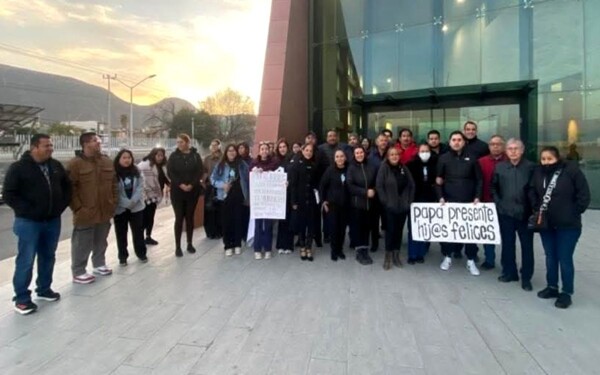
The world is facing a crisis of missing persons due to conflicts, migration, and natural disasters. Kathryne Bomberger, director of the International Commission on Missing Persons (ICMP), emphasizes the importance of DNA technology and political will to advance the identification of remains, whether in Ukraine, Mexico, or Syria.
Bomberger points out that the situation in Mexico is delicate, with enforced disappearances since the 1960s and missing migrants on transit routes. Although the country has advanced DNA technology and relevant laws, political will is needed to implement them. The ICMP director highlights that the disappearance of people has always been a global problem, but it is now increasingly recognized as a human rights and rule of law issue.
In this context, Bomberger underlines the fundamental role of women in this shift in perspective. In the United States, many are reluctant to provide their genetic data to the government for fear of deportation, but they would do so for the ICMP. Regarding the commission's work, Bomberger states that its mission is to ensure that states take responsibility for protecting the rights of families of the missing.
The ICMP, which does not receive direct contributions, must prepare proposals and apply for grants to carry out its work. In the case of Spain, Bomberger acknowledges that the country has advanced forensic capabilities, but emphasizes that there is still much to be done, especially on issues such as migration and the disappearance of migrant children in Europe.
The ICMP director also mentions the challenge of finding missing persons in contexts like Ukraine, where funding has been lost due to cuts in the USAID foreign aid agency. She highlights the need for forensic technology and political commitment to identify missing persons and prosecute the criminal networks behind these cases.
Regarding the use of DNA technologies to reunite families, Bomberger highlights the crucial role of the ICMP as an independent international organization to protect people's data and prevent its misuse by governments. She emphasizes the importance of these scientific and humanitarian efforts and the need to continue advancing forensic genetics for the benefit of humanity.
In summary, the issue of missing persons goes beyond the dead, as it impacts the living and becomes a human rights matter, especially for women, who are often the main survivors in these difficult situations.














